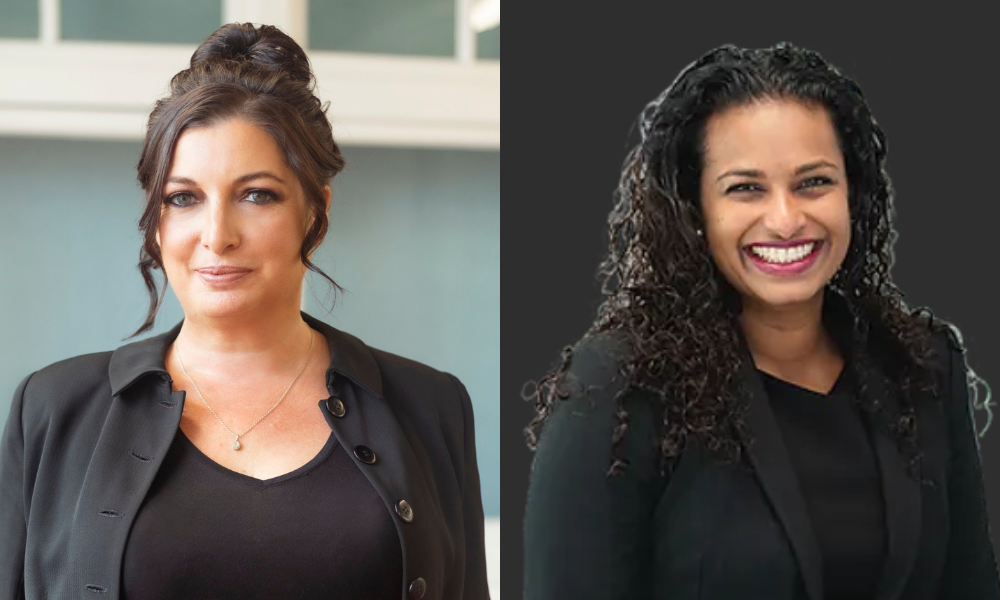What has been your proudest accomplishment to date?
I advised the Redcliffs School Board in its opposition to a proposal by then-Minister of Education Hekia Parata to close the school. Despite strong community opposition, after an initial consultation period on the proposal, an interim decision was made to close the school. During a final consultation period, the board made a further submission which demonstrated, based on expert evidence, that the grounds for closure were unjustified. When we met with the minister in Wellington we expected her final decision to be closure, but the minister reversed the interim decision and opted to investigate an alternative site instead. We had anticipated needing to file judicial review proceedings, so were delighted with the outcome. My children go to Redcliffs School, so it was very personal (and time-consuming, as I had to fit it in around my day job) but immensely rewarding because the right outcome was achieved for the local community, all of whom worked incredibly hard in different ways to help. It also gave me a greater insight into the workings of government and bureaucracy, and I will leave it at that.
What do you love doing outside of work and why?
Mountain biking, running, skiing, yoga, and more recently trying my hand at paddle boarding and surfing, all of which keep me relatively sane.
What is the best advice you’ve ever received?
You have to back yourself, play your own game and don’t focus on what anyone else is or is not doing.
What is your advice to young lawyers just getting their start in the industry?
Make sure you work in an area you’re interested in, with people you can relate to. It’s easy to get put off law if you’re in the wrong area working with the wrong people!
What do you think is the single biggest issue facing the NZ legal space this year?
Obviously the spotlight is on harassment and bullying following recent events. I think all of us in the profession need to create change to ensure talented young graduates still want to join. There needs to be a culture shift, particularly in bigger firms where many partners assume that all young lawyers aspire to become like them. In reality, I think their expectations are higher, and they want to work somewhere where there is genuine diversity – not just talk of it – and people are respected and supported equally. They also want flexibility and a life outside law. These are all things which must become features of the profession, and it is great to see the positive steps being taken by the Law Society and other organisations to make this happen.
Related stories:
Senior lawyer joins the independent bar
Here's a major factor millennials consider when choosing workplaces








